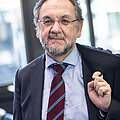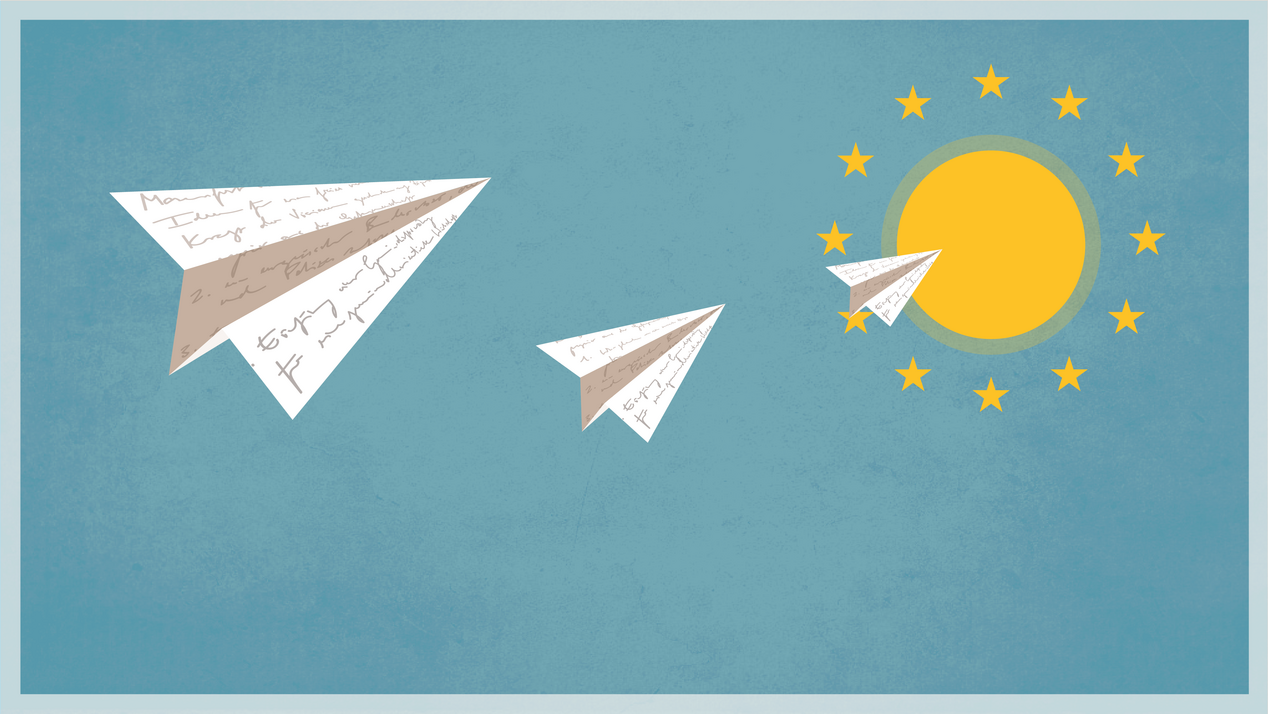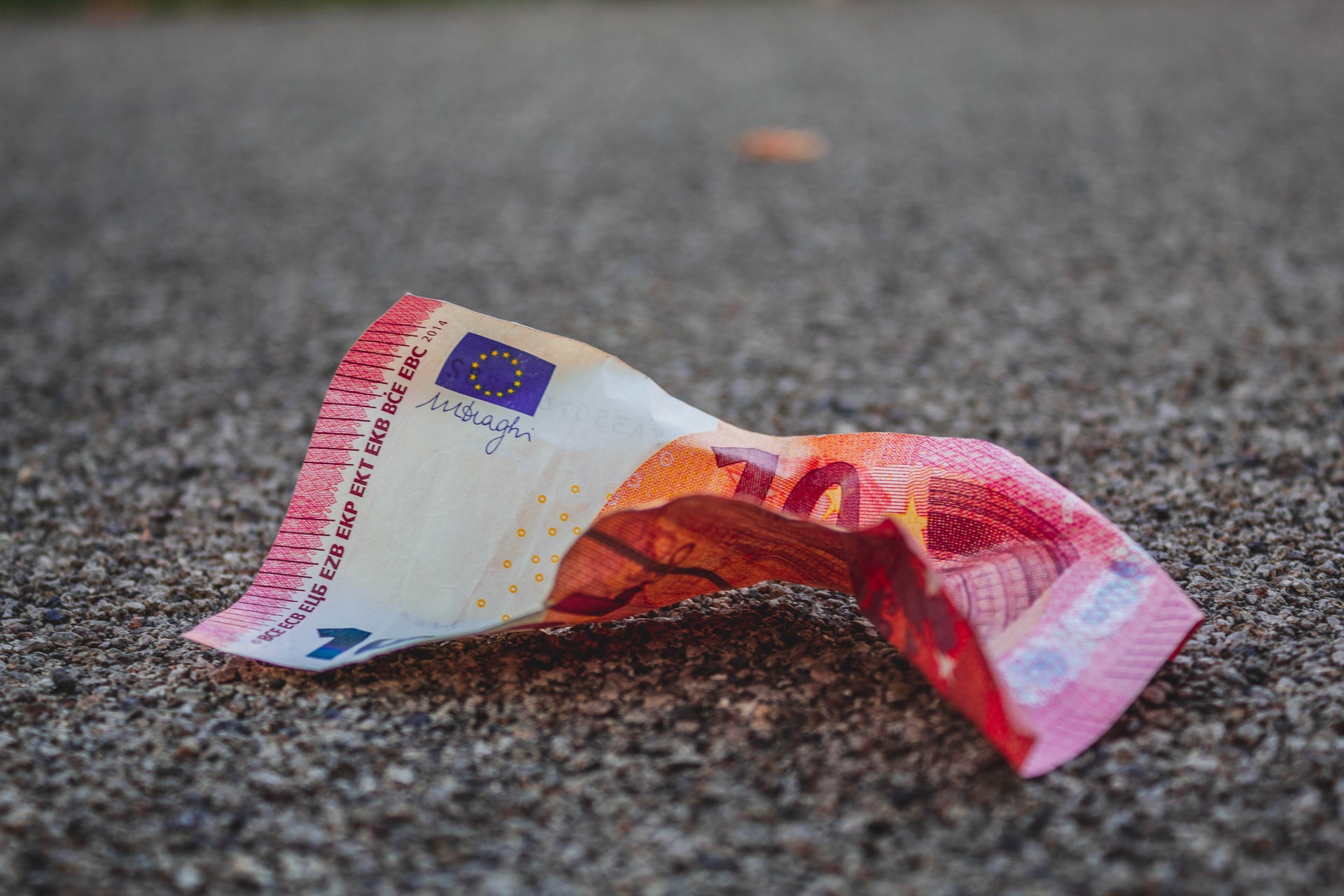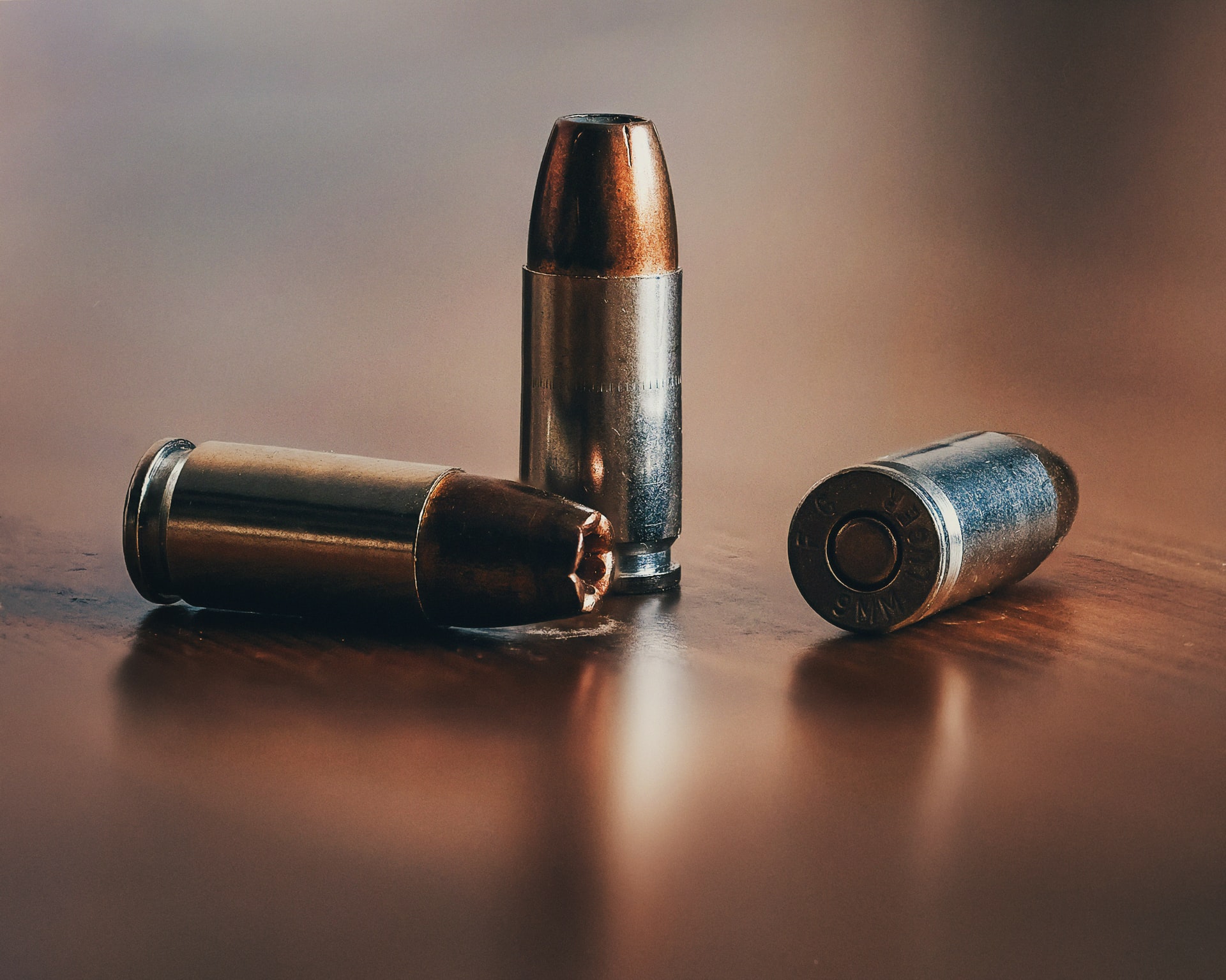Derision and death threats
The Warsaw Treaty recognised the border between Germany and Poland. This caused Brandt’s political opponents to deride him as a politician who had ‘surrendered’. However, the surrender no longer applied to territories that had in fact not been owned for 25 years; it applied to the fact that the claim on them was now being surrendered. This led to Brandt and his FDP foreign minister Walter Scheel receiving death threats in Germany. According to Brandt, the treaty would draw a line under the suffering and sacrifice of an iniquitous past and build a bridge between the two nations and their people.
The Warsaw Treaty was preceded by the Moscow Treaty, signed in August 1970 in St Catherine’s Hall at the Kremlin. In it, both countries committed to promoting the process of détente in order to normalise the situation in Europe. A desire for reconciliation shines through the Warsaw speech quoted above. The speech and the treaty to which it applies are an example of great political courage; it was a bold and a necessary undertaking. The rift with the Eastern bloc that Brandt overcame through the treaties with Eastern Europe was even deeper than the rifts that are opening up with Moscow today. Brandt did not complain about the lack of trust but tried to overcome mutual distrust and build trust with his policies. Today, no politician of his stature dares to be so bold.
Willy Brandt’s government policy declaration of October 1969 contains the central message: ‘We want to be and become a people of good neighbours – domestically and abroad.’ Meanwhile, today’s shared European house looks a little like the station at Bayerisch Eisenstein during the Cold War. Here, on the Czech border, the border with the Eastern Bloc, a wall cut the station concourse in two. The toilet was in the east. in 1991, Helmut Kohl reopened the border station.
Now it is time for the reopening of Europe. Russia is part of it, despite the weight of accusations against Moscow today. How can policy be rebooted in light of the Afghanistan debacle? Life lives with and from rituals; and rituals live from their repetition and from staged memory. Rituals respond to expectations, they also create expectations, and when these are not met, it is disturbing. It was disturbing that politicians abandoned the Bundeswehr when the last soldiers returned from Afghanistan on 30 June. After all, they weren’t just returning from a manoeuvre, they were coming back from a twenty-year war.
The Bundeswehr is a parliamentary army because the Bundestag decides on its deployment. But of those who had sent the Bundeswehr into action, no-one showed up. It’s nice to be seen with winners. But not with losers.
150,000 troops were deployed there, and 59 lost their lives. This military engagement cost 12.5 billion euros. So for the last soldiers who landed at Wunstorf air base near Hanover, it was all for nothing? After the withdrawal from Afghanistan, it was a quiet homecoming for 264 servicemen and women. No President, no Chancellor, no defence minister. The Bundeswehr is a parliamentary army because the Bundestag decides on its deployment. But of those who had sent the Bundeswehr into action, no-one showed up. It’s nice to be seen with winners. But not with losers.







![[Translate to english:] Die verschollenen Teile Europas, Illustration: edeos Illustration: European flag with socket and wires.](/fileadmin/Content/images/mediathek/blog/Forum_Blog/ifa-forum_jurko-prochasko_die-verschollenen-teile-europas_illustration.png)

